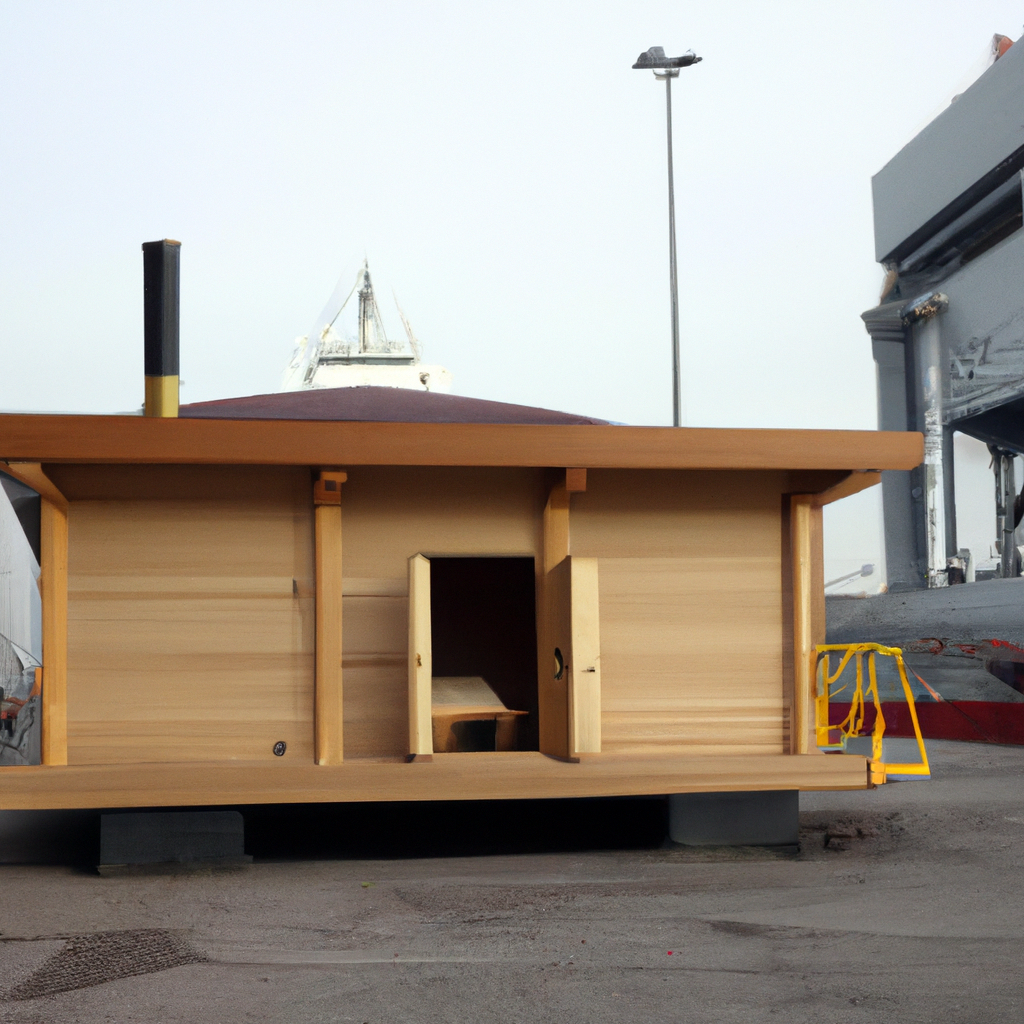Introduction to Sauna Import Wholesale Suppliers
In recent years, the global demand for saunas has surged, fueled by increasing awareness of their health benefits and the wellness trend. For businesses looking to tap into this booming market, sourcing saunas from wholesale import suppliers has become a strategic move. However, navigating the world of international sauna suppliers can be complex, especially when dealing with regulations, quality assurance, and logistics. This comprehensive guide is designed to help you make informed decisions, avoid common pitfalls, and establish reliable partnerships with sauna import wholesale suppliers.
Why Choose a Wholesale Sauna Import Supplier?
Wholesale sauna import suppliers offer several advantages over domestic manufacturers, including:
- Cost Efficiency: Lower production costs overseas often translate into better pricing for wholesale buyers.
- Variety and Customization: International manufacturers frequently provide a wider range of sauna models, including traditional steam, infrared, outdoor barrel, and commercial steam rooms.
- Access to Innovations: Many foreign suppliers incorporate cutting-edge technology and innovative designs that may not be widely available locally.
Choosing the right supplier can significantly impact your business’s competitiveness and customer satisfaction.
How to Find Reliable Sauna Import Wholesale Suppliers
One of the most popular platforms for sourcing saunas wholesale is Alibaba, where numerous manufacturers and exporters showcase their products. However, not all suppliers are created equal. Here are essential tips for finding trustworthy partners:
- Verify Credentials: Check the supplier’s business licenses, export history, and customer reviews. Platforms like Made-in-China offer detailed company profiles.
- Request Samples: Before placing a bulk order, ask for product samples to assess build quality, materials, and craftsmanship.
- Evaluate Communication: Ensure the supplier is responsive, transparent, and willing to answer your questions about specifications, certifications, and shipping.
- Check Certifications: Look for products compliant with safety and quality standards relevant to your country, such as CE, UL, or RoHS certifications.
Understanding Import Paperwork and Regulations
Importing saunas involves navigating customs regulations and paperwork that can be daunting for first-time buyers. Common documents you will need include:
- Commercial Invoice: Detailed description of the product, quantity, and price.
- Packing List: Information about packaging details and weights.
- Bill of Lading: Shipping document issued by the carrier.
- Import License and Permits: Depending on your country, you may need special permits for importing electrical appliances or wood products.
It’s essential to work with a freight forwarder or customs broker experienced in sauna imports to avoid costly delays. One Reddit user shared their experience buying a sauna on Alibaba and highlighted the challenges they faced with import paperwork, emphasizing the importance of professional guidance (source).
Shipping Considerations and Cost Management
Shipping costs can significantly affect your total import expenses. Key factors include:
- Freight Type: Sea freight is the most economical for large sauna shipments but takes longer. Air freight is faster but more expensive.
- Shipping Volume and Weight: Saunas tend to be bulky and heavy, so optimize your order quantity to maximize container space.
- Incoterms: Clarify shipping terms (FOB, CIF, DDP) with your supplier to understand who is responsible for freight, insurance, and customs clearance.
Many sauna suppliers, such as Tai’an Boyce Import Export Co., Ltd., recommend direct communication to negotiate shipping cost and estimated delivery times.
Quality Assurance and Warranty
Ensuring product quality is paramount. Here are some tips to safeguard your investment:
- Factory Audits: If possible, visit the manufacturing facility or hire a third-party inspection service to verify production standards.
- Product Testing: Request evidence of product testing for electrical safety, material durability, and heat resistance.
- Warranty and After-Sales Service: Confirm warranty terms and availability of spare parts. Reliable suppliers provide clear after-sales support.
Negotiating Terms and Building Long-Term Relationships
Wholesale buying often involves negotiation. Here are some strategies:
- Order Volume Discounts: Larger orders usually command better pricing.
- Payment Terms: Negotiate payment schedules to reduce financial risk, such as partial upfront payment and balance upon shipment.
- Shipping Schedules: Establish clear lead times to manage inventory effectively.
Developing a good rapport with your supplier can lead to preferential treatment, exclusive products, and smoother transactions in the future.
Conclusion
Importing saunas wholesale can be a highly profitable venture if approached with thorough research and planning. Understanding supplier vetting, import regulations, shipping logistics, and quality assurance will empower you to make the best purchasing decisions. As the sauna market continues to grow, staying informed about trends and supplier innovations is crucial. For example, Why Foreign Saunas Are Dominating the Wellness Market in 2025 – Sauna Import offers insightful perspectives on market dynamics that impact sourcing strategies.
FAQ
What are the main types of saunas available from wholesale import suppliers?
Wholesale sauna suppliers typically offer traditional steam saunas, infrared saunas, outdoor barrel saunas, and commercial steam sauna rooms. Each type has distinct features and health benefits, so choose based on your target market’s preferences.
How can I ensure the quality of imported saunas?
Request product samples, verify certifications, conduct factory audits, and use third-party inspection services. Additionally, clarify warranty terms and after-sales support with your supplier to protect your investment.
What are common challenges faced when importing saunas from overseas?
Common challenges include navigating import paperwork, customs clearance delays, communication barriers, shipping logistics, and ensuring product compliance with local regulations. Partnering with experienced freight forwarders and conducting due diligence on suppliers helps mitigate these issues.
